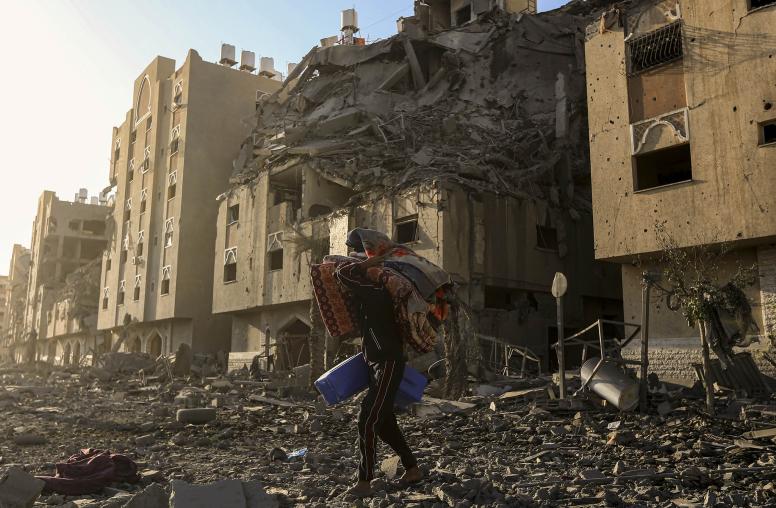Episode 41 - Aaron Shneyer
In this episode of the Peace Frequency we speak with Aaron Shneyer, the Founder & Executive Director of Heartbeat – an organization that unites Israeli and Palestinian youth musicians to build critical understanding, develop creative nonviolent tools for social change, and amplify their voices to influence the world around them. Heartbeat staff members are trained musicians and dialogue facilitators, entrusted to create and hold a space for participants to build critical consciousness of the complicated world they have inherited and to support participants in developing skills in critical thinking, communication, leadership, and creative nonviolent civic engagement.
The Peace Frequency presents in-depth interviews with ordinary people doing extraordinary things to create a world free of violent conflict. It is produced by the U.S. Institute of Peace Academy.



